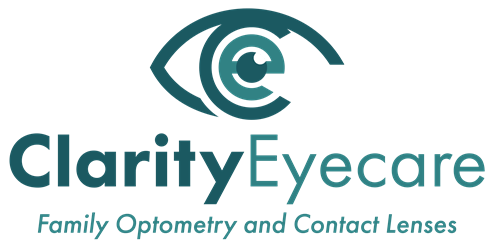Contact Lenses
We offer a wide range of contact lenses to fit your needs including contact lens exams, scleral lenses and fittings.
Proudly serving Virginia’s Ashburn, Leesburg, Chantilly, Sterling, Purcellville, and parts of West Virginia for more than 13 years.
Same Day Contact Lenses
We offer a wide selection of contact lenses including disposable soft contact, bifocal/multifocal, toric, and colored lenses. Whether you wear daily, weekly or monthly disposables, scleral or conventional (vial) lenses, check out our selection of lenses that fit your needs.
A good contact lens fit starts with a thorough eye exam to ensure the most up-to-date prescription and rule out any pre-existing conditions that could interfere with contact lens wear.
We will determine the best fitting lens based on your lifestyle needs and the shape and health of your eye. In most cases, you’ll have the opportunity to try lenses on the same day as your exam. You can even go home with a few samples before making a final decision.
Our Ashburn optometrist follows up the initial fitting and then make any necessary changes in fit or materials to get you the best possible fit. We teach all our patients proper contact lens care and also possible consequences if proper care is not taken. Then we continue with long-term follow-up to monitor the condition of the lenses and to ensure that proper hygiene is being maintained.
Q&A for Contact Lenses
Are glasses better for my eyes than contact lenses?
Definitely not in all cases. In fact, in some cases, either because of ocular disease or high prescriptions, contact lenses may be the ideal option to obtain a patients best potential vision.
Should I see an optometrist or an ophthalmologist for my first pair of contacts?
In my experience, Ophthalmologists prefer to see surgical cases given that is where there training is based. Surgeons are trained to do surgery, not fit contact lenses. In fact, in most Ophthalmology practices, the contact lenses are fit by Optometrists. Optometrists are trained to be specialists in contacts, whether that is for a routine patient needing soft lenses or complex cases that require hard lenses or scleral lenses.
Who can wear contact lenses and at what age can you start?
Almost anyone can wear contact lenses. We have a wide variety of materials and designs for almost anyone's prescription. There are certain ocular conditions and severe prescriptions that may limit our success and variety of options, but that is rare. With all of our new products, I try to empower my patients to fit contacts into their lifestyle however they want. Whether that is an all-day every day as a lot of my patients, or every once in a while for sports, hobbies, or social events.
Regarding starting age, I think to focus on the age or putting a strict limit is focusing on the wrong details. I have patients that are 6 years old that wear contacts successfully (under the supervision of their parents) and adults that do not wear them responsibility. For our new, younger wearers, as well as our first-time adult wearers, I will go over in detail the importance of wear times, proper hygiene and replacement. Worn responsibility, patients of all ages can be successful contact lens patients.
Is wearing contacts better for sports activity?
his is a personal preference. I have patients that wear shatter proof prescription athletic wear ("rec specs") and have no issues. But I would say a vast majority of my patients that need vision correction for sports prefer contact lenses. Contact lenses are less bulky, can't fog up, and it's easier to deal with sweat around your eyes.
Do you carry contacts that can change my eye color?
Yes. We have a longstanding 30 wear option, and we are excited about a new daily disposable line that would allow patients to have more flexibility in how often they decide to wear them. They could wear them every day, or they could wear them once to a social event and that's it.
About five years ago, I was told I was not a good candidate for contacts. I have odd shaped eyes. Are there new options available today?
Yes. Every year companies are coming out with new products that could potentially give patients new avenues to wear lenses. I would also the way some patients are told they can't wear contacts because the doctor isn't set up to fit certain hard to fit lenses. That is a failure of communication on the doctor's part. Almost anyone can wear contact lenses depending on their motivation and realistic goals for their vision.
I am worried about putting my finger in my eye. How does someone get used to this?
That is perfectly normal. You should have a reflexive desire to protect your eyes from incoming objects. For any new wearer to the practice, my staff and I will sit down with you and go over the proper insertion and removal techniques. The class is designed to give you the skills to overcome your initial fears of contact lenses and provide the foundation for proper use.
I had an eye exam about 8 months ago. Do I need a separate exam in order to get contacts?
Yes. Your routine eye exam includes refraction for glasses and a full medical exam. A contact lens exam includes a discussion about contact lens options, determining the fit and power of the lenses (which will be different than your glasses prescription in most cases), and ensuring proper fit and comfort of the lenses. These elements are separate and independent of a routine exam for glasses.
Can I sleep with my contacts? How often should I be changing them?
Technically, there is one specific brand that is FDA approved for sleeping in for 1 month per lens. However, even in that brand, I encourage my patient's to take them out every night or as much as possible. All other brands must be taken out before sleeping.
When you should be changing them out depends on what brand I would prescribe you based on your exam. In soft lenses, the options are a 1-day replacement schedule, also known as daily disposables, or a planned replacement option (either 14 or 30 years) that would involve daily wear, nightly cleaning and housing in saline solution, and replacement at the end of the prescribed 14 or 30-day cycle.

Disposable contact lenses are generally considered to be far superior in comfort and wearability than hard and rigid lenses.
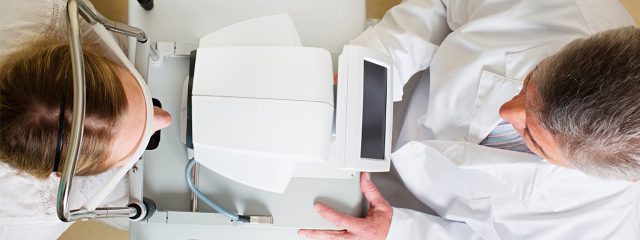
A routine exam won’t provide some of the measurements and testing that are required to determine if your eyes are suitable for contact lens wear
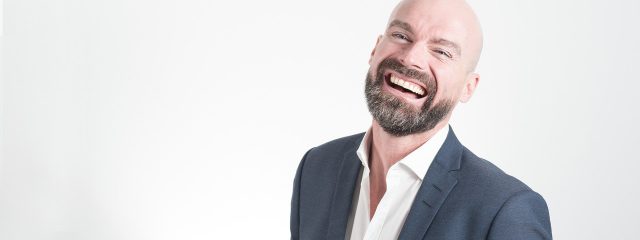
Bifocal and multifocal lenses are also available in contact lenses in both soft and rigid varieties.

These rigid lenses aren’t as popular as soft lenses, but they offer the advantages of durability, and crisp vision.

Challenges such as astigmatism, presbyopia, and keratoconus needn’t be a barrier to contact lens wear
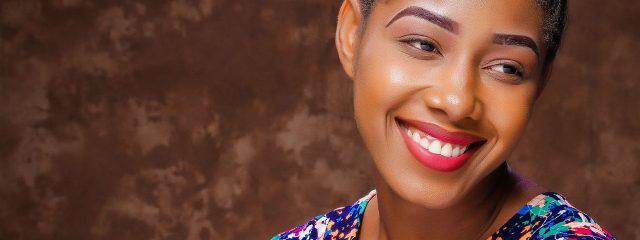
“I can’t wear soft contacts; I have astigmatism.” This once-true statement is now simply a myth.
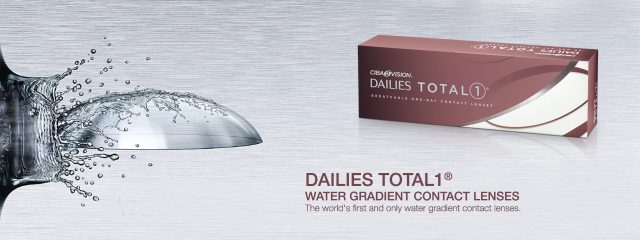
View our best sellers! Coopervision, Alcon, and Bausch + Lomb.
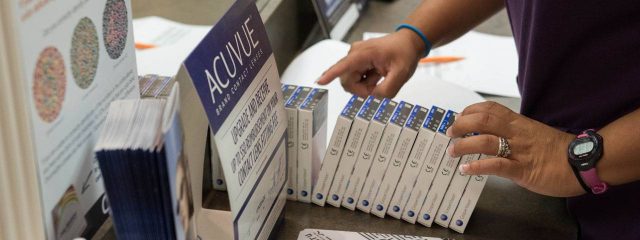
We carry all of the top contact lens brands!
